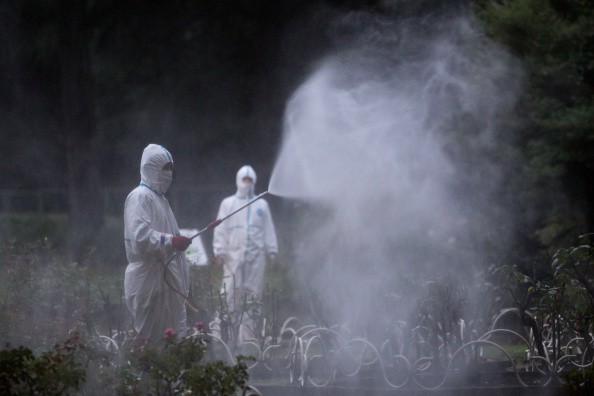
Finally, we may be really close to finding the correct treatment to stop the progress of the dengue fever now that a group of Australian scientists have discovered the protein that causes the haemorrhage. They are now moving on to human clinical trials.
Professor Paul Young of the University of Queensland and his colleagues have dedicated more than 25 years of their lives in finding the cure for dengue, and their hard work is paying off. They found out that a viral protein known as NS1 can cause an abnormally strong immune response by activating TLR4, a receptor protein, that ultimately leads to haemorrhage as fluids seep through the body's blood vessels. Further, the protein itself has the ability to impact the lining of the blood vessels known as endothelial cells.
But that's not the only interesting part of their research. Along the way, they also found out that the drugs that can prevent NS1 protein on its tracks are already available in the market. They just need to be modified specifically for dengue fever.
These medications have already been used by hospitals to prevent or treat sepsis, a kind of systemic infection where harmful bacteria travel to various parts of the body, severely affecting the major organs' functions, which is stimulated by the receptor protein. By tweaking the drugs, they are able to block NS1 protein that promotes haemorrhagic fever in both animal models and cell cultures.
The modified drugs cannot be used for sepsis treatment, since the infection needs something much stronger to combat it. However, with dengue, the medications have a better fighting chance since there's already a "window of opportunity" for prompt treatment, before the condition gets worse, thanks to a diagnostic test that he and his team also developed.
Also, the discovery would allow them to move immediately to human clinical trials since safety trials have already been conducted before these drugs are released into the market.
Dengue fever is a mosquito-borne disease that affects at least 350 million people every year. Although it doesn't have any cure, patients can survive by prompt treatment and symptom management. However, the risk of death is high due to haemorrhagic fever.

